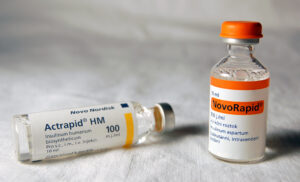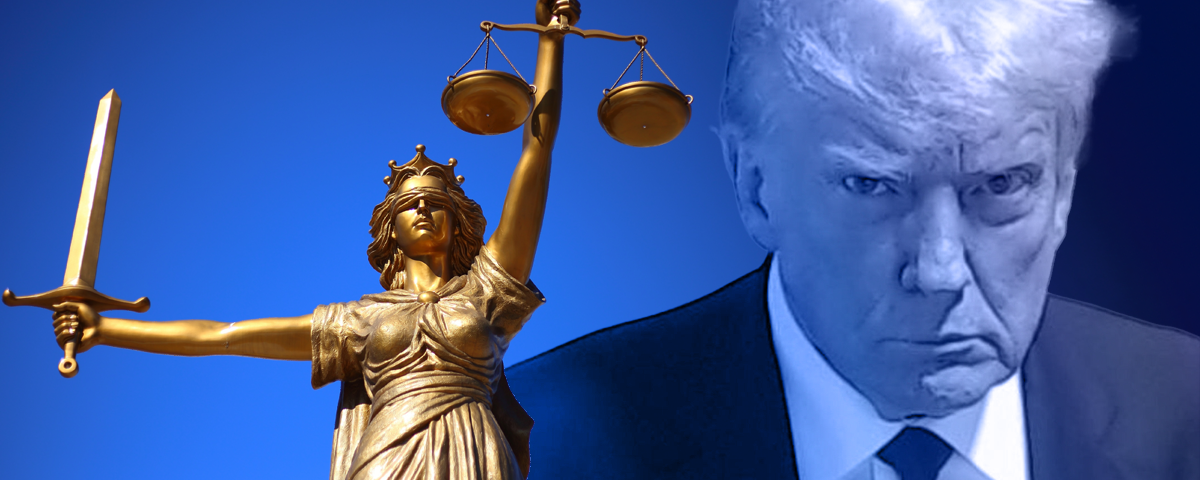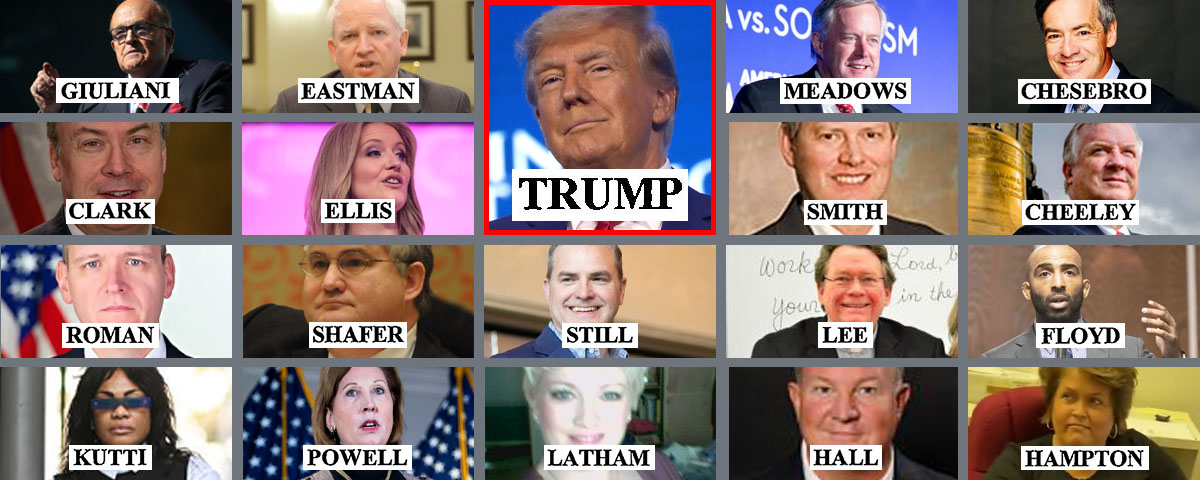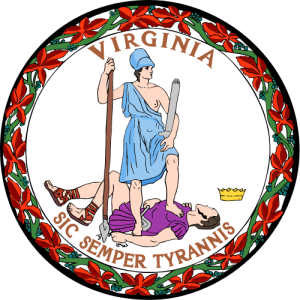The International Association of Pancreases (IAP) today announced a lawsuit on behalf of its members against makers of artificial insulin, including Sanofi, Eli Lilly, and Novo Nordisk. The suit alleges that numerous manufacturers of insulin have refused to license the design of the peptide hormone from the organ that created it.
If successful, the suit could generate billions of dollars in damages, which would be distributed among claimants who can prove they have a pancreas that generated insulin at some point during their lifetime.
Pancreases are organs in the vertebrate digestive and endocrine systems. They are typically located in the abdomen near the stomach, and serve to regulate blood sugar levels. Human pancreases secrete multiple hormones including insulin, glucagon, somatostatin, and pancreatic polypeptides. They also secrete pancreatic juices into the duodenum, which assist in breaking down carbohydrates, proteins, and fats from food.
Off on a Tangent contacted IAP spokesman Alfred M. Yankovich via AOL Instant Messenger, but he was unable to respond to our questions. Yankovich sent a prepared statement saying, in part, “My pancreas attracts every other pancreas in the universe with a force proportional to the product of their masses, and inversely proportional to the distance between them, woo woo woo woo.”





